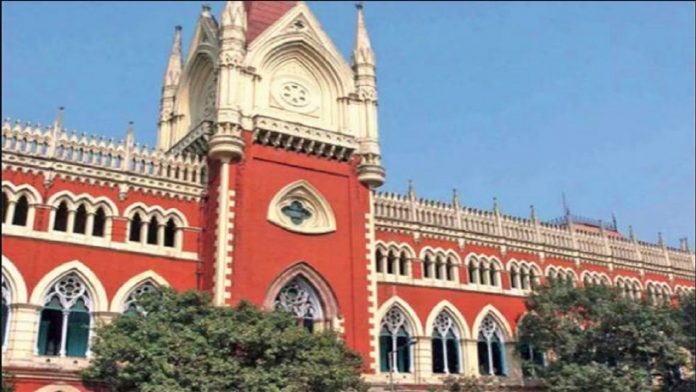A five-judge bench of the Calcutta High Court, hearing a plea by the CBI to transfer a case involving the arrest of four Trinamool Congress (TMC) leaders purportedly involved in the so-called Narada Sting scam, to the high court (from the Special CBI court), was told by the counsel of the plaintiff that the arrest of the four TMC leaders was mala fide.
The bench of Acting Chief Justice Rajesh Bindal and Justices IP Mukherjee, Harish Tandon, Soumen Sen and Arijit Banerjee, had granted interim bail to TMC leaders Firhad Hakim, Subrata Mukherjee, Madan Mitra and Sovan Chatterjee. They were arrested by the CBI on May 17.
Today Senior Advocate Sidharth Luthra said: “The entire CBI case is three-fold – We want further custody. We wanted to further argue against bail and we were prevented from putting forth our case. This is their three plank case. The arrest was mala fide.” He then referred to Section 167 CrPC on procedure when investigation cannot be completed in 24 hours.
Luthra also referred to the West Bengal State amendment to Section 167 CrPC. He said that West Bengal is only State which allowed production of accused through video audio conference even before the Covid era. Luthra referred to 2(g).
The bench, in a light mood, said: “2G is a dangerous word.”
Luthra, in an equally light mood, answered: “Not anymore. The court acquitted all. Now it seems 5G is.”
Luthra repeated his claim that the arrest was illegal.
The bench asked why? Was it “due to lack of sanction or due to failure to comply with Section 41 CrPC?”
Luthra said it was a combination of section 41 and the CBI manual. He said that the CBI manual is mandatory, as per Ripun Bora case. “Police custody after submission of a charge sheet is not permissible. Police custody in this case is an afterthought. If remand is unjustified, I cannot be placed in no man’s land. The moment remand was sought, the accused can seek bail and consideration of the same was a legal requirement of the Magistrate.”
On the issue of mobocracy, affecting proceedings before the special judge, Luthra said that the special judge was sitting in his chamber and there was nobody there. Hence there was no question of him being affected.
“The CBI is changing its case at every stage. First they said no document was produced before a special judge. Later they said physical charge sheet was produced.” At that he cited the 2004 judgment of Delhi High Court in Court on its own motion v. CBI.
The Acting CJ asked how t he court in that case took suo motu cognizance. “Lengthy arguments were addressed on that issue,” the judge said.
Justice IP Mukerji said: “Right to arrest remains even after filing charge sheet.”
Read Also: Bombay HC asks Maharashtra to decide, act on door-to-door Covid vaccination immediately
Luthra: “The right to arrest while remaining, the need to arrest has to be considered, especially in view of what has been stated in the charge sheet. Arrest is usually to prevent such persons from tampering with evidence, intimidating witnesses.” He referred to Section 41.
Then he referred to how hearings are done now over video conferencing. “I could not have addressed a 5-judge Bench in Calcutta but for VC.” He then referred to a recent order passed in Mithun Chakraborty case ordering interrogation by VC.”
Source:ILNS


